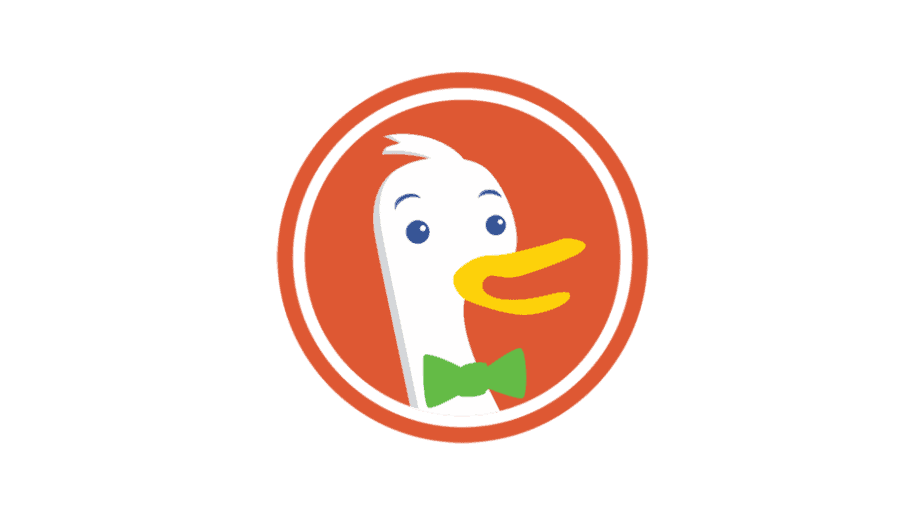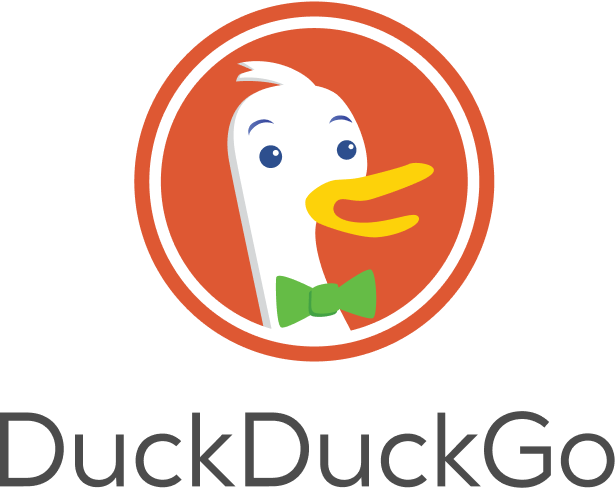

Therefore, they are in a rush to collect as much information as possible to later resell it. Traditional search engines, together with social media, realized that brands are going to pay for your data: your interests, preferences, needs, age, location, marital status, and more. Today, your browsing history doesn’t belong to you anymore. Why Does Using an Anonymous Search Engine Matter?

So, is DuckDuckGo safe to use? It is surely safer than Google, which uses your personal information, preferences, and search results to improve advertisers’ reach and CTR. While the risk of search leakage to third parties is eliminated, DuckDuckGo can still share your data if there is a court order. No ads will be based on your previous browser history. It means that every time you open the browser, you will start from scratch. It’s not completely devoid of any tracking, but compared to its peers you don’t have to worry about DuckDuckGo selling your data to marketers and getting bombarded with ads. Unlike its more popular competitors like Bing, Yahoo, and Google, it doesn’t save your search history, IP address, device information, or any personal information.

How Does DuckDuckGo Protect Your Data?ĭuckDuckGo is a private search engine that offers you anonymous search online. This may be the top reason to reduce one’s digital footprint, considering that their activity concerns more than 80% of US citizens. However, more often, private companies collect your data to market their products better. While some want to minimize their online presence, others are afraid of cybercriminals, who often use sensitive data to their advantage. According to DataProt’s findings, 86% of Americans have even tried to decrease or remove their digital footprint. With increased online tracking and data collection, web users are starting to value their cyberprivacy more and more.


 0 kommentar(er)
0 kommentar(er)
